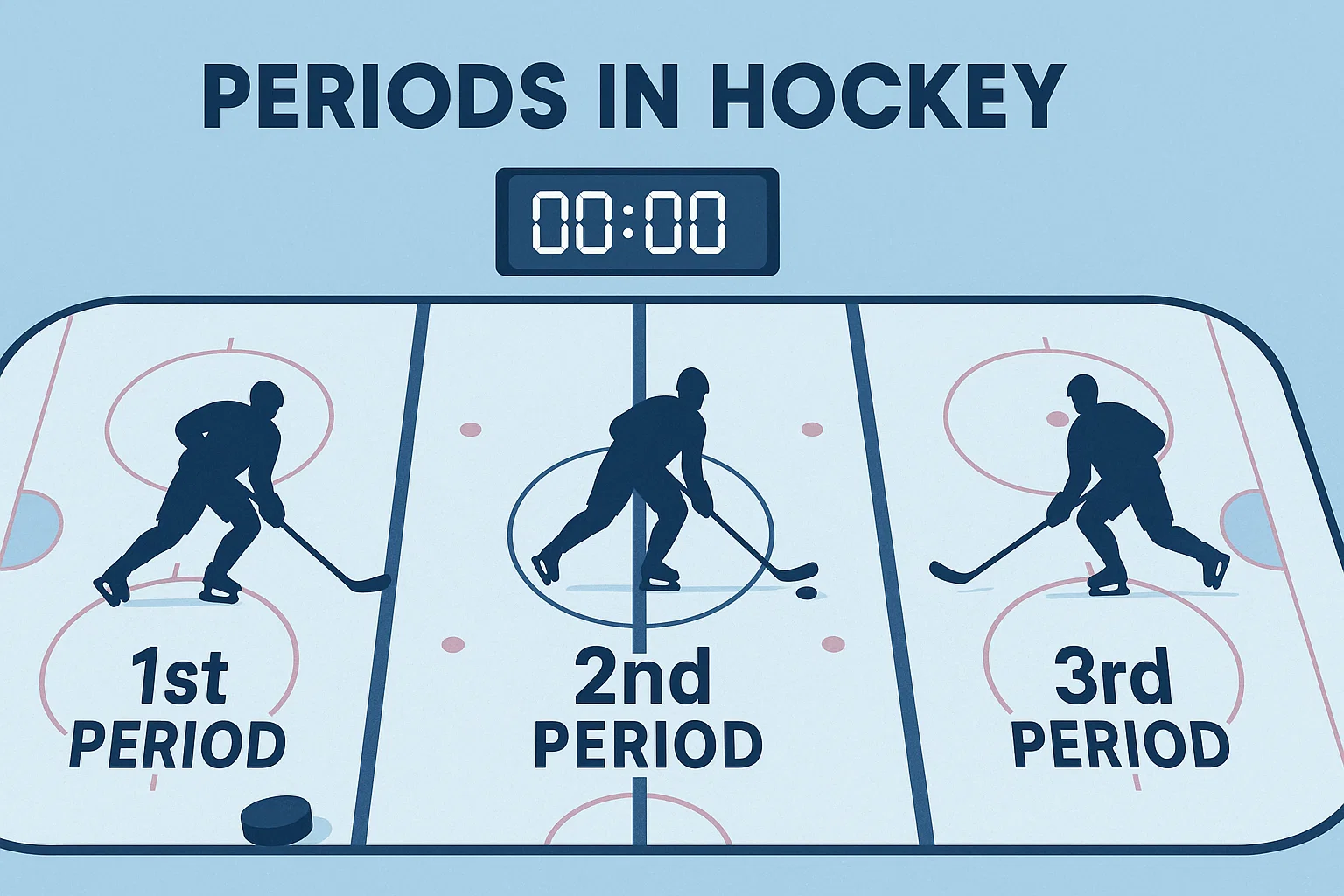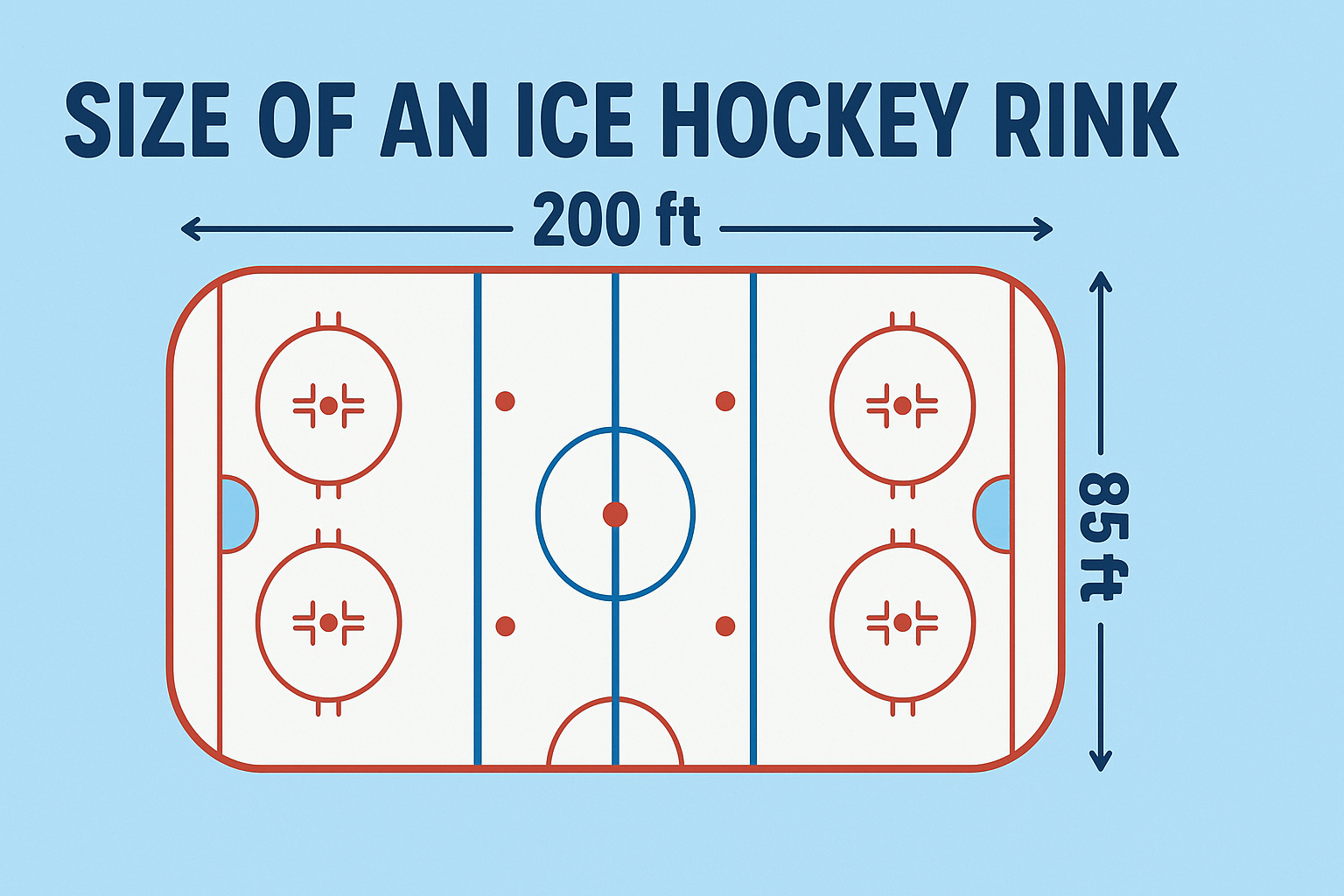Refereeing in the National Hockey League (NHL) is no ordinary job. It requires precision, quick decision-making, and the ability to manage high-pressure situations on the fastest game on ice. The profession is physically demanding, intellectually challenging, and financially rewarding. This guide provides an in-depth look at how much NHL referees and linesmen earn, from entry-level salaries to postseason bonuses, and how they climb the officiating ranks.
Understanding the Role of an NHL Referee and Linesman

The NHL boasts a unique system of officiating, where referees and linesmen work together to ensure that the game runs smoothly and fairly. While referees are responsible for calling penalties, including major fouls, linesmen focus on infractions like offsides and icing.
Each officiating crew typically consists of two referees and two linesmen, working in tandem to manage a fast-paced, high-contact game. The physical demands of the role are intense, with referees and linesmen often in the middle of the action, dodging body checks, handling skirmishes, and ensuring that the game’s flow is uninterrupted.
Entry-Level Salaries for NHL Officials
Breaking into the NHL as a referee or linesman requires years of experience and a deep understanding of the game. For newcomers, however, the financial rewards are promising.
New NHL referees typically start at a salary around $220,000 per year, while linesmen earn about $150,000 annually. These salaries reflect the intensity and responsibility of the role. For officials who are just beginning their careers, this pay scale covers a full season, usually consisting of 70 to 75 games.
In addition to their base salary, rookie referees and linesmen are also expected to undergo regular performance evaluations and participate in training camps, honing their skills to move up in the ranks. Although the starting salary is substantial, the real potential for growth comes with time and experience.
Growth and Earnings for Veteran NHL Officials
As with many professions, experience plays a significant role in determining pay for NHL referees and linesmen. Over the course of their careers, officials can see substantial increases in their earnings, especially if they are consistently ranked highly and are selected for high-profile games.
Veteran referees, who have proven their worth through excellent game management and consistency, can earn between $400,000 to $450,000 per season. Similarly, seasoned linesmen typically make between $250,000 and $300,000 annually.
These earnings reflect the increased level of responsibility, particularly when officiating in high-stakes games like the Stanley Cup Final or during the playoff season.
Playoff Bonuses: The Road to Increased Earnings
One of the most lucrative aspects of being an NHL official is the opportunity to earn postseason bonuses. Only the best performers in the regular season are selected to officiate playoff games, with those chosen receiving substantial additional compensation.
For officials working early-round playoff games, the bonus can range from $5,000 to $10,000 per round. For those fortunate enough to officiate in the Conference Finals or the Stanley Cup Final, the bonus can exceed $30,000.
The playoff assignments are a reflection of an official’s standing within the league and serve as a significant financial boost for those who are selected. This is one of the most direct ways for an official to increase their earnings in a given year.
Perks, Travel Benefits, and Health Coverage
Aside from the substantial salary and postseason bonuses, NHL referees and linesmen receive a range of perks that contribute to the overall value of their job.
- Travel Coverage: All travel expenses, including flights, hotels, and ground transportation, are covered by the league. This ensures that officials can focus solely on their work without having to worry about logistical concerns.
- Per Diem: While traveling, officials are provided with daily stipends to cover meals and incidental expenses.
- Health and Retirement Benefits: NHL officials are entitled to full health coverage and access to pension plans, ensuring that their well-being is taken care of throughout their careers.
These benefits, combined with the salary and bonuses, make being an NHL official a stable and attractive career choice.
How Officials Reach the NHL: A Long Road to the Big Leagues
Becoming an NHL official is not a quick process. Most referees and linesmen start their careers in lower leagues, such as junior hockey, college leagues, or minor professional systems like the ECHL and AHL. These positions allow officials to gain valuable experience, develop their skills, and prove their abilities to work at higher levels.
In these developmental leagues, officials can expect to earn between $25,000 to $75,000 per season. While this pay is modest, it serves as a stepping stone to the NHL. The journey from the minor leagues to the NHL can take years, and the process is highly competitive.
To make the leap, officials must attend training camps, pass rigorous fitness tests, and demonstrate strong game management skills. Success at this level is measured by performance, consistency, and the ability to handle high-pressure situations.
A Glimpse at the Highest-Paid NHL Officials
As with any profession, the top earners in the NHL officiating world are those with the most experience and the most notable performance records. Some of the highest-paid referees in the league include:
- Kelly Sutherland (25 years of experience)
- Chris Rooney (29 years of experience)
- Eric Furlatt (27 years of experience)
These officials have worked over 1,400 regular-season games and hundreds of playoff matches. Their consistent performance, along with their selection for the biggest games, has led them to earn salaries of over $500,000 annually when including postseason bonuses.
NHL Referee Salary Breakdown by Experience Level
The salary of an NHL referee increases with experience. Here’s an overview of the salary range for NHL officials based on years of service:
- Starting Salary: $220,602 (for referees)
- Veteran Salary (16+ years): $482,226 (for referees)
- Linesman Starting Salary: $141,291
- Veteran Linesman Salary (20+ years): $292,027
As officials gain experience and are selected for more prestigious games, their salaries rise significantly. Additionally, those who are selected for playoff games earn substantial bonuses that further increase their annual compensation.
FAQs: Common Questions About NHL Referee Salaries
How much do NHL referees make per game?
NHL referees make between $3,000 to $6,600 per game, depending on their experience level and the number of games they work during the regular season.
Who is the highest-paid NHL referee?
While exact figures for individual referees aren’t publicly available, officials with over 25 years of experience, like Kelly Sutherland and Chris Rooney, earn salaries above $500,000 annually, including postseason bonuses.
Do NHL referees fly first class?
Yes, NHL referees are entitled to first-class airfare for travel to special events like the NHL Winter Classic and All-Star Games.
Conclusion
Being an NHL referee or linesman is a rewarding but demanding career. From the initial training in lower leagues to officiating in the Stanley Cup Final, the path to the top of the NHL officiating world is long and competitive. However, the financial rewards, including a substantial base salary, postseason bonuses, travel benefits, and healthcare, make it a highly desirable profession for those who are passionate about the sport and dedicated to their craft.
 Sports Daily Info All Things Sports, from News to Match Schedules
Sports Daily Info All Things Sports, from News to Match Schedules



